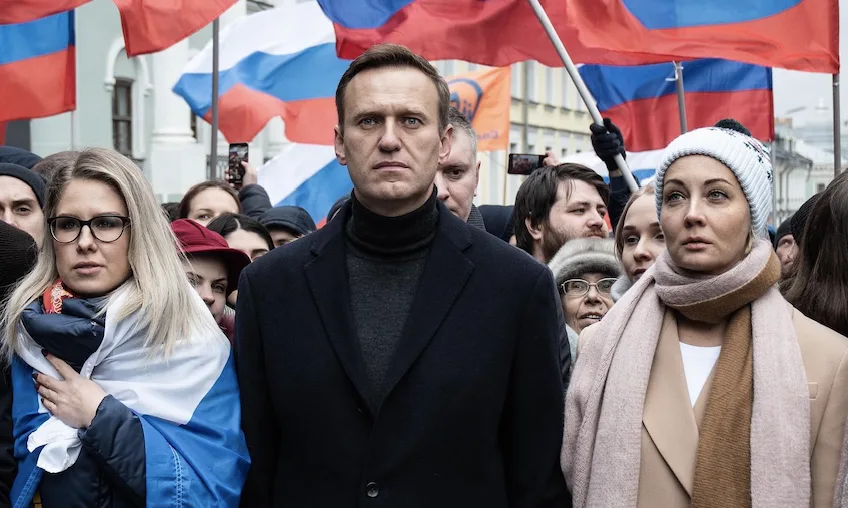Today Aleksej Navalny, perhaps the most famous opponent of Vladimir Putin, has died in a remote Russian prison. Many others fled abroad. Or were assassinated. Or died in “obscure circumstances.”
He was young, 47 years old, and was, apparently (there is video footage from yesterday of him during a hearing), in a condition of non-terminal health and even appeared to be doing well. But these are video images, who knows. Russian authorities provide their own explanation for the death, but it is not worth reporting, as it is impossible to verify.
What I am interested in discussing now is one of the many poisoned fruits of dictatorships, those conducted “well” like Putin’s. After learning the news of Navalny’s death in our newsroom, there was a brief discussion of the nature of the current Russian state, but we also began some sort of “ranking” of states considered undemocratic. There was at that point some hint of division, but it ended there, at the moment with no aftermath. Perhaps we all realized that a ranking in this area is not the most interesting thing to work on.
The crux of the matter, however, is that the actions of a “well-run” (I use quotation marks for obvious ethical reasons) dictatorship abroad manage to produce, by a thousand methods, effects that are likely to be disruptive. They manage to create—the Putin regime is a master at this—an endless trickle of “yes … but.” The public debate, in newspapers, on television, in Italy as in other countries, is full of these confrontations, particularly among progressive commentators or militants. It is not interesting now to analyze the various “but”. What is of interest is the risk of confusion among decent people of honest democratic sentiments.
To this, we who live in countries that have a thousand faults, even serious, even very serious and scandalous, unacceptable faults, must respond by keeping in mind that democracy is a value in itself and that those who do not respect it are still condemnable. Those who deny democracy by the force of one, some, or many are on the wrong side. Period. There is no “yes … but” in these cases, otherwise we lose control of what happens.
I don’t know how many “yes… but” people will be able to distinguish between the invasion of Ukraine and the death of Navalny, who, whatever the case, was in jail only because he was an opponent of Putin and had a certain following, and in jail, he was made to die. I think few will say that, all in all, Navalny was a provocateur, that, all in all, he himself had created the conditions for being imprisoned.
He may not have been a nice man, he may have had many questionable positions himself, he was certainly a strong nationalist. But none of that matters: he was a man who opposed the president of his country and— for that alone—was sentenced to 19 years in prison. Where he later died long before the term and very close to the presidential election. On one side stand democracies, where normally free elections take place; on the other side stand other things. This does not affect analysis, historical reasoning, or even economic relations. But this must always be clear: which side one is on, in order to be free to analyze without being subjected to the influences, wise and devious, that the most skilful dictators know how to push through.
English version by the Translation Service of Withub






